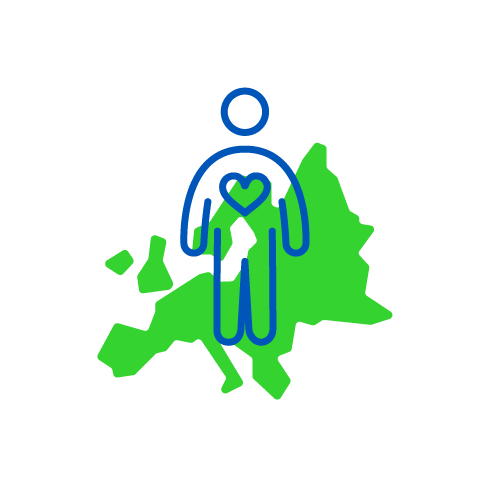
Human Dignity
Human dignity- defined as the intrinsic value of every human being created by God- is the cornerstone of all human rights and of our values presented
herein.
ECPM defends the right to life from conception until natural death.
We align ourselves with the principles stated in the Convention on Human Rights and Biomedicine and recognize that it is the sole competence of EU Member States to legislate on bioethics and healthcare matters.
We stand firmly against all forms of surrogacy.
We defend the right to life of babies diagnosed with genetic diseases and wholly support the worth and dignity of people living with disabilities.
ECPM advocates for aging with dignity and amid a healthy community. We choose palliative care as the only dignified and humane option for the end of life.
Read the full chapter here.